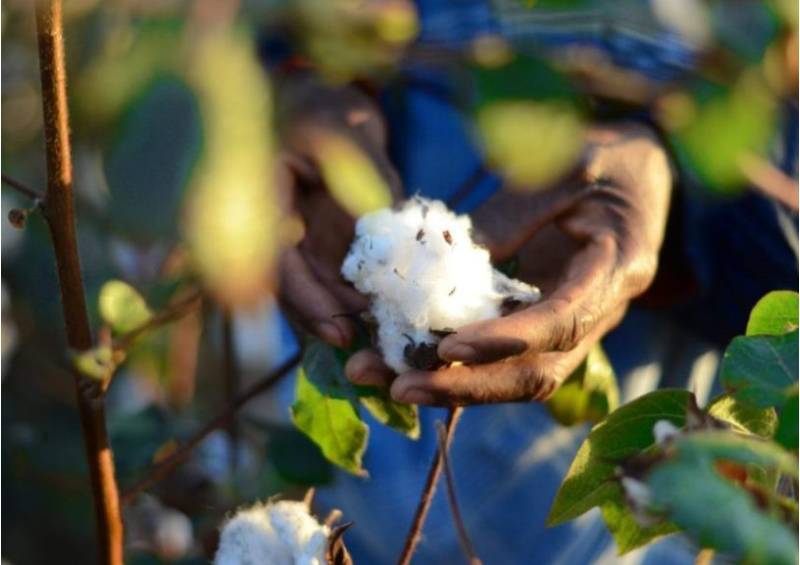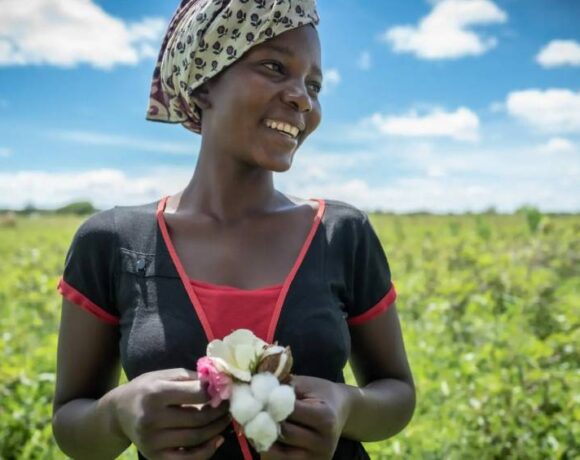Mills Are Buying Cotton But Need Uptick In Demand: Dr Ramkumar

On April 2, 2024, about 350 people gathered in Lubbock for the 67th annual meeting of the Plains Cotton Growers (PCG).
PCG’s President Martin Stoerner opened the meeting stating the last two years have been tough for the producers, but the industry is resilient and hopes for a better 2024.
The recent USDA’s Prospective Planting report shows that the US producers are expected to plant 10.7 million acres, which is up from 10.26 million acres planted last year.
However, industry leaders expect the planted acreage this year to be in the range of 11 to 11.5 million acres.
“Demand is weak but improving,” stated Jody Campiche, Vice President of Economics and Policy Analysis, National Cotton Council.
“Global economy and competition from other fibres play an important part in impacting the demand for cotton. There needs to be a significant improvement in GDP to see major change in demand,” Campiche added.
A cotton merchant stated that in addition to the economy; just in time inventory practiced by global mills also impact excessive buying and stockpiling.
Industry is optimistic and is hoping for improved demand by the end of 2024. With the moisture situation better than what it was last year in Texas, it is hoped that production will improve.
“There will be less abandonment, increasing the chances for improved supply,” Dr. Seshadri Ramkumar, the author of this report said.
“This will necessitate demand enhancement to yield better prices for the farmers as the cost of production has increased by 30 percent in recent years,” he added.
With slow demand and the left-over stock from the 2023 crop, the current price levels may be due to speculation, which is the sentiment shared by cotton economists.
Looking at long term scenario, the slow birth rates in developed economies and stagnant population in China, demand for consumer goods like textiles will be impacted.
The cotton industry has competition from synthetics, which are cheaper than cotton. In addition, there is growing competition for markers among leading exporting nations.
To meet challenges, Dr Ramkumar advocated telling positive stories about sustainability, traceability and engaging not only with brands but also with consumers as being done by Cotton Incorporated.
“Additionally, better advocacy for supportive policies in a collective fashion is much needed. “Advocacy is a team sport,” Kody Bessent, CEO of Plains Cotton Growers stated.
The industry needs to engage in better outreach efforts, find new and industrial applications for cotton and invest in research to come out with new chemistries, and environmentally friendly post-harvest processing technologies.















